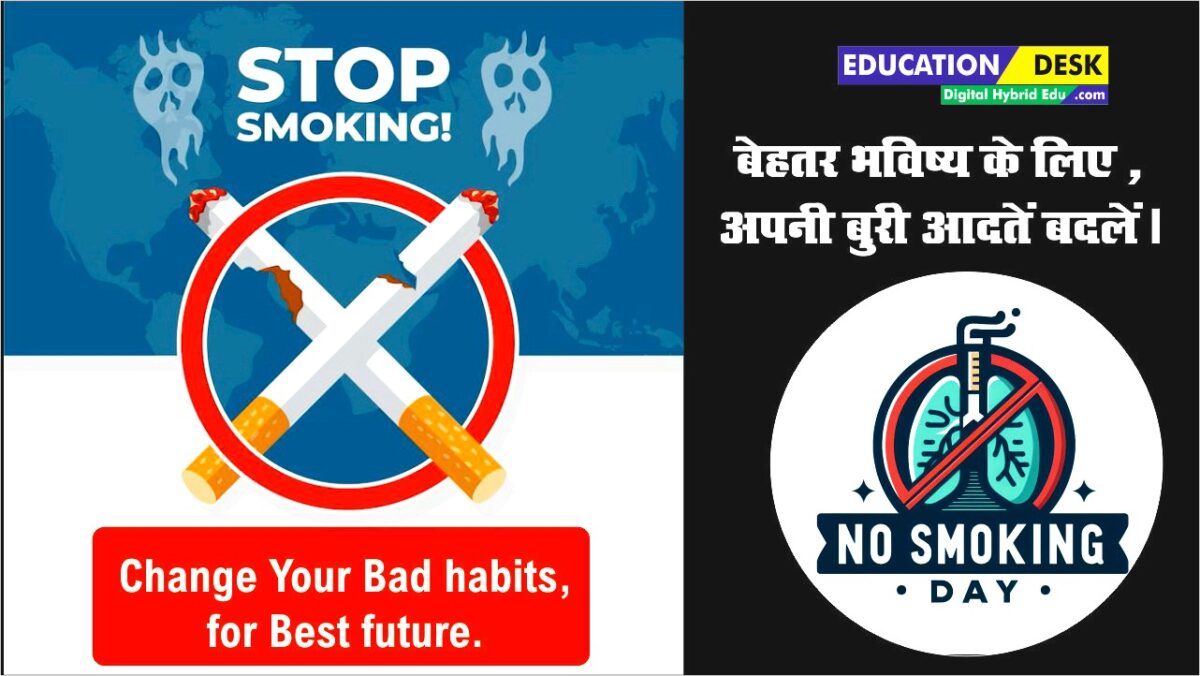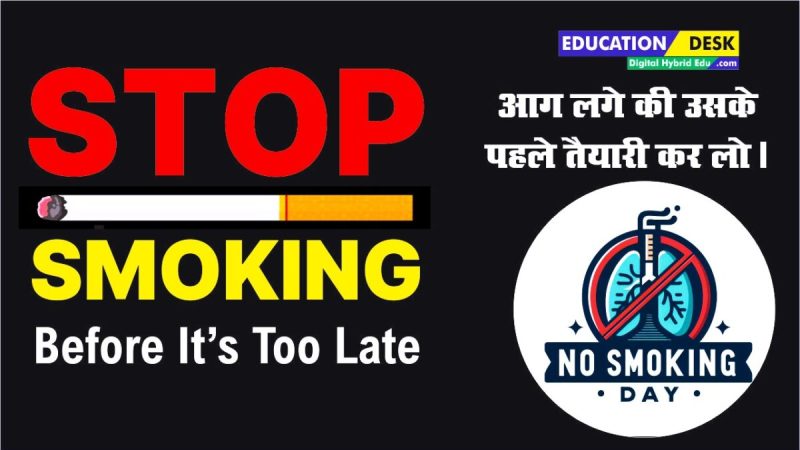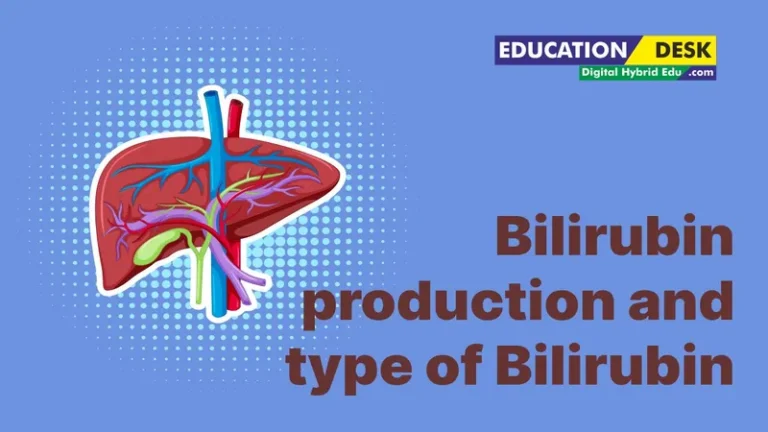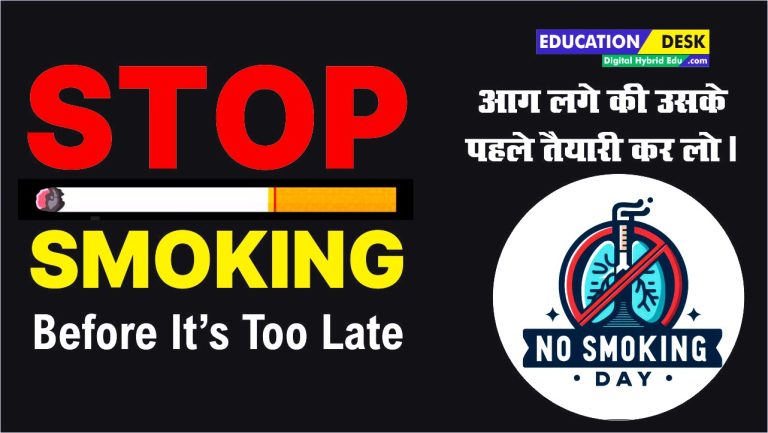No Smoking Day , Guide to Quitting Smoking and you need to know about harmful disease.
Introduction : No Smoking Day 2024 is observed every year on March 13. This day serves as a powerful reminder to raise awareness about the harmful effects of smoking and to motivate people to quit this detrimental habit.
Table of Contents
Toggle-
History and Significance:
- The roots of No Smoking Day trace back to 1984, when a charity called No Smoking Day was established.
- Initially observed on Ash Wednesday in 1984, it aimed to highlight the health risks associated with smoking and provide support for smokers who wanted to quit.
- Over time, it has evolved into a significant public health campaign in the UK and beyond.
- No Smoking Day emphasizes the importance of protecting one’s health and well-being while shedding light on the negative impact of smoking on society as a whole.
-
How to Celebrate No Smoking Day 2024:
- Quit Smoking: Make a commitment to quit smoking. Set a goal for yourself and seek the necessary support and resources. Online platforms offer tips and support groups.
- Spread Awareness: Talk to friends, family, and social media followers about the hazardous effects of smoking. Highlight its link to cancer, heart disease, and other illnesses.
- Encourage those around you to choose a healthier path and live a smoke-free life. Remember, quitting smoking can lead to a happier and healthier future.
-
Raising awareness about the harmful effects of smoking is crucial for several reasons:
- Health Impact:
-
Smoking is a primary contributor to avoidable illnesses, such as lung cancer, cardiovascular diseases, and breathing problems.
- By spreading awareness, we empower individuals to make informed choices and protect their health.
- Secondhand Smoke:
- Awareness campaigns highlight the dangers of secondhand smoke exposure.
- Non-smokers, especially children, can suffer health consequences due to passive smoking.
- Addiction Awareness:
- Understanding nicotine addiction helps smokers recognize the need for support.
- Awareness encourages seeking help to quit and break free from addiction.
- Social Responsibility:
- Collective awareness drives societal change.
- Advocacy leads to smoke-free policies, protecting both smokers and non-smokers.
- Environmental Impact:
- Cigarette butts pollute water bodies and harm wildlife.
- Awareness promotes responsible disposal and environmental consciousness.
Also Read this Article
Important 5 Blood test for Hair Fall.
Neonatal Jaundice why occurs ?
Why Quit Smoking?
Top 10 compelling reasons to quit smoking:
- Healthier Lungs: Quitting smoking reduces the risk of lung diseases like chronic obstructive pulmonary disease (COPD) and lung cancer.
- Cardiovascular Benefits: Your heart health improves, lowering the risk of heart attacks and strokes.
- Increased Life Expectancy: Non-smokers generally live longer than smokers.
- Financial Savings: Imagine the money saved by not buying cigarettes!
- Improved Fertility: Quitting enhances fertility for both men and women.
- Better Skin: Smoking accelerates skin aging; quitting restores a healthier complexion.
- Reduced Secondhand Smoke Exposure: Protect your loved ones from harmful smoke.
- Enhanced Taste and Smell: Quitting allows you to savor food and scents better.
- Boosted Energy Levels: Breathe easier and feel more energetic.
- Breaking Free: Quitting empowers you to regain control over your life.
Understanding Addiction
Understanding addiction in the context of smoking involves recognizing that smoking is not just a habit, but a complex addiction that affects the brain’s reward system.
Here are some key points:
- Nicotine’s Role: Nicotine, a highly addictive substance found in cigarettes and other tobacco products, stimulates the release of dopamine, a neurotransmitter that regulates pleasure and reward. This creates a feeling of euphoria and relaxation, which can lead to addiction over time.
- Social and Environmental Influences: Individuals who grow up in households where smoking is prevalent may be more likely to start smoking themselves.
- Moreover, factors like stress, lack of interest, and social influence can all play a role in fostering a smoking habit.
- Treatment Options: Some of the most effective treatment options for smoking addiction include nicotine replacement therapy, prescription medications, and counselling. Additionally, support groups and self-help programs can provide a valuable source of motivation and accountability for individuals trying to quit smoking.
- Withdrawal Symptoms: One of the biggest challenges for individuals trying to quit smoking is dealing with the withdrawal symptoms that can occur. Symptoms may encompass feelings of irritability, anxiety, depression, sleeplessness, and a longing for nicotine.
- Identifying and Managing Triggers: Triggers are situations, people, or emotions that can lead to cravings for cigarettes or other tobacco products. Common triggers include stress, social situations, and alcohol consumption. By identifying and avoiding triggers, individuals can reduce their risk of relapse and increase their chances of successfully quitting smoking.
- Relapse Prevention: Relapse is a common occurrence for individuals trying to quit smoking. In fact, many people attempt to quit multiple times before they are successful. Preventing a relapse is a crucial aspect of the treatment journey. It requires recognizing the triggers that caused the relapse and formulating plans to steer clear of them going forward.

Benefits of Quitting Smoking or Importance
Sure, here are some benefits or importance of quitting smoking:
- Improved Health: Quitting smoking improves overall health and enhances quality of life. It reduces the risk of premature death, cardiovascular diseases, chronic obstructive pulmonary disease (COPD), and cancer.
- Better Lung Function: Within weeks to months of quitting, lung function improves. This means less coughing and shortness of breath.
- Reduced Risk of Heart Disease: The risk of coronary heart disease decreases within 1-2 years of quitting.
- Savings: Quitting smoking can save hundreds or thousands of dollars a year.
- Improved Senses: Your sense of taste and smell will return to normal.
- Better Appearance: The stains on your teeth and fingernails will start to fade.
- Improved Environment: Your clothes, hair, body, car, and home will smell better.
- Reduced Secondhand Smoke: Quitting smoking is the single best way to protect family members, coworkers, friends, and others from the health risks associated with breathing secondhand smoke.
- Longer Life Expectancy: Quitting smoking can add as much as 10 years to life expectancy.
- Improved Cardiovascular Health: Quitting smoking reduces markers of inflammation and hypercoagulability, leads to rapid improvement in high-density lipoprotein cholesterol (HDL-C) levels, and reduces the development of subclinical atherosclerosis.
Strategies for Quitting Smoking
-
Discover Your Purpose: For motivation to arise, a strong and personal justification for cessation is necessary. It may be to protect your family from secondhand smoke, lower your chance of getting lung disease, or to look and feel younger.
Get Ready Before You Completely Stop: Smoking is a dependency. The brain is hooked on nicotine. Without it, you’ll go through withdrawal. Line up support in advance.
- Consider Nicotine Replacement Therapy: When you stop smoking, nicotine withdrawal may give you headaches, affect your mood, or sap your energy. The craving for “just one drag” is tough. Nicotine replacement therapy can curb these urges.
- Learn About Prescription Pills: Medicines can curb cravings and may also make smoking less satisfying if you do pick up a cigarette.
- Lean On Your Loved Ones: Tell your friends, family, and other people you’re close to that you’re trying to quit. They can encourage you to keep going, especially when you’re tempted to light up.
-
Offer Yourself Some Downtime: One of the motivations for people to smoke is that nicotine provides them with a sense of relaxation. After you give up, you’ll require fresh methods to relax.
- Avoid Alcohol and Other Triggers: When you drink, it’s harder to stick to your no-smoking goal. Hence, attempt to restrict your alcohol consumption when you initially stop.
- Clean House: Once you’ve smoked your last cigarette, toss all of your ashtrays and lighters. Cleanse any garments that have a smoke odor, and freshen up your rugs, curtains, and furniture coverings.
- Try and Try Again: Many people try several times before giving up cigarettes for good.
- Counseling: Some people may find it difficult to quit smoking and might need counselling for the same along with other measures.
Conclusion
- Recap: We’ve inspected the damaging impacts of smoking, the benefits of ceasing, and the resources available to offer help you quit.
- Encouragement: No Smoking Day is a unimaginable opportunity to start your travel towards a smoke-free life. But keep in intellect, each day is a extraordinary day to ceased smoking. It’s never as well late to start.
- Final Words: Ceasing smoking can be challenging, but it’s one of the best things you can do for your prosperity. You’re not alone in this travel. Reach out to back bunches, companions, and family. Acknowledge in yourself, you can do it! Stay strong and keep going.
Read Here for More
Your future self will thank you.






